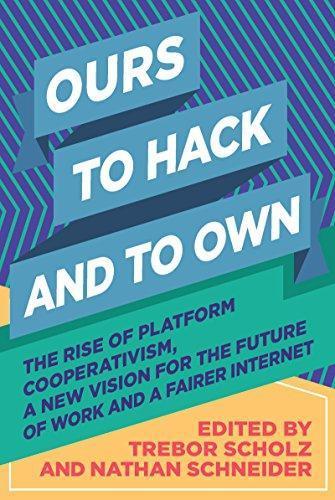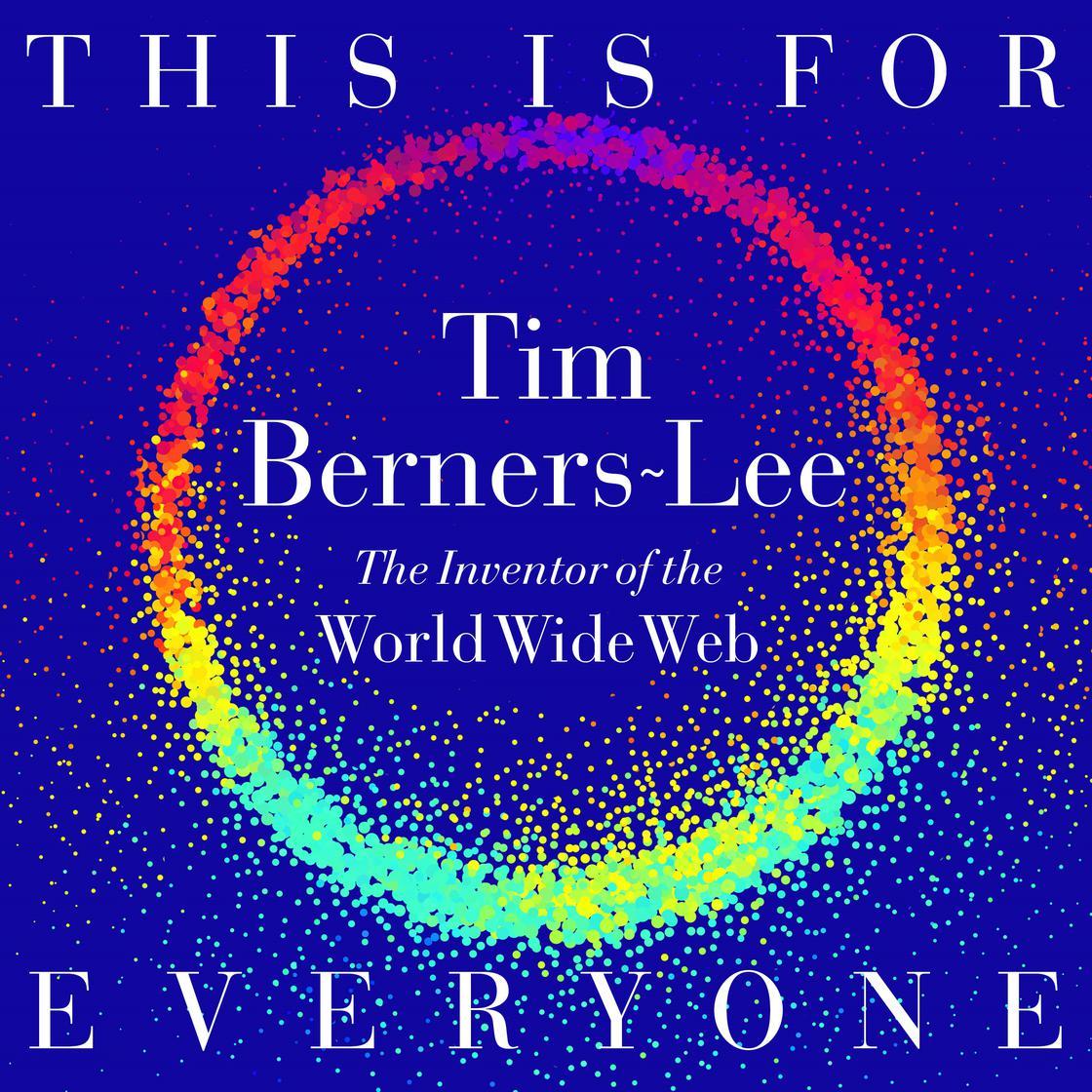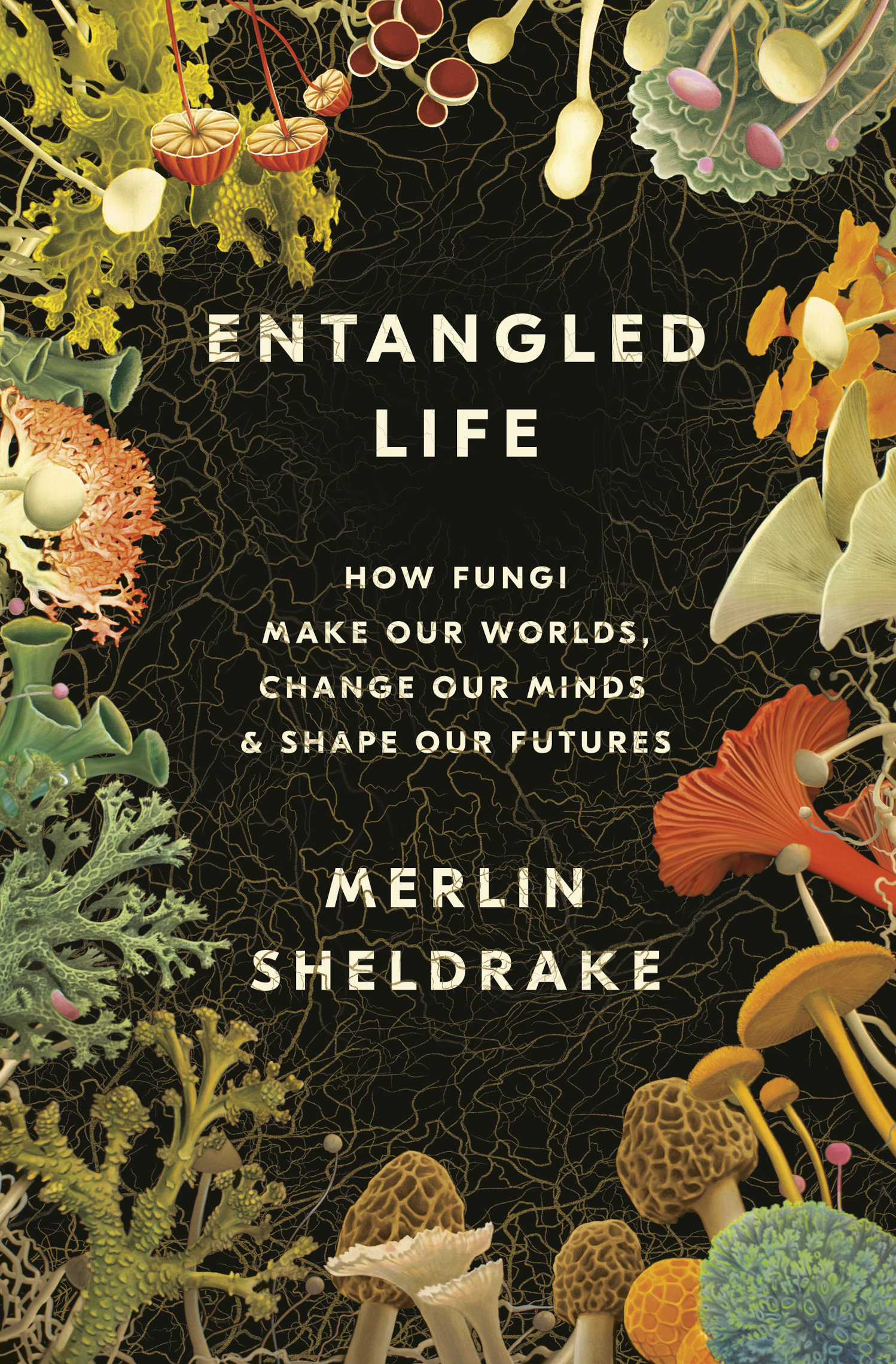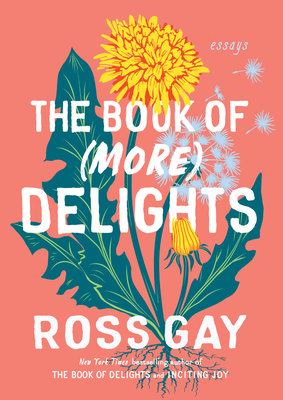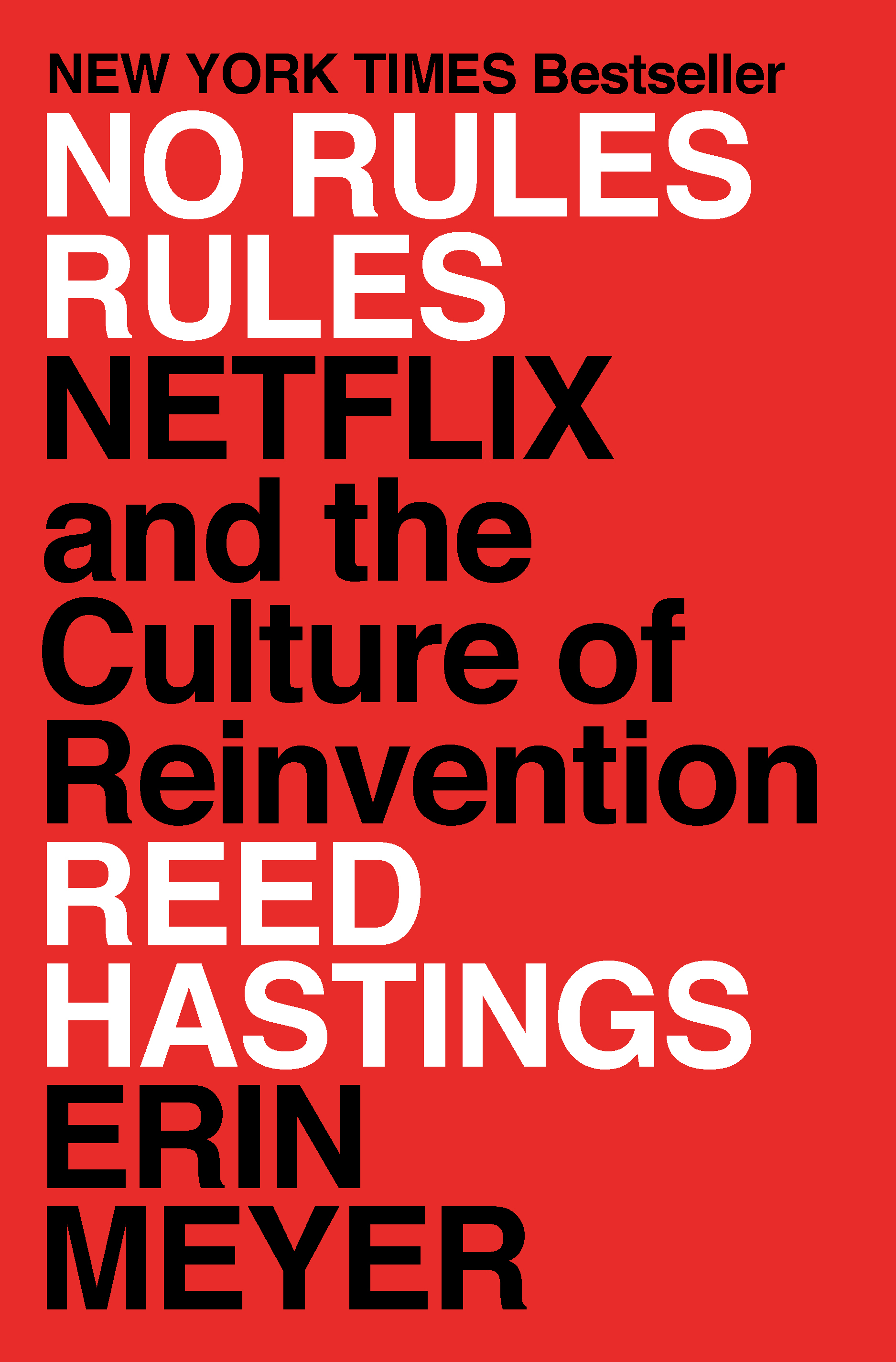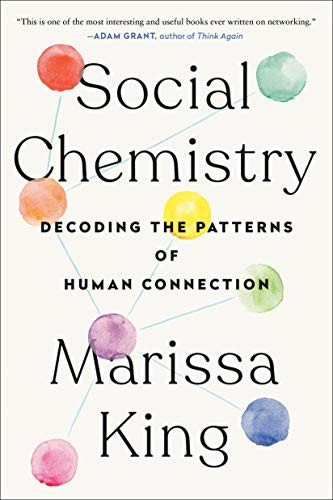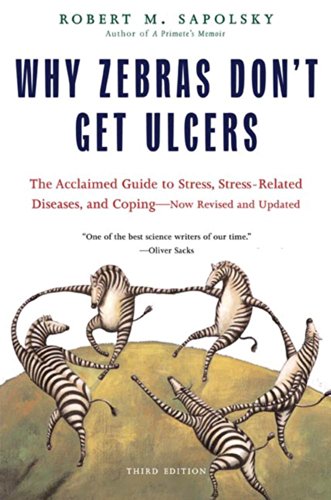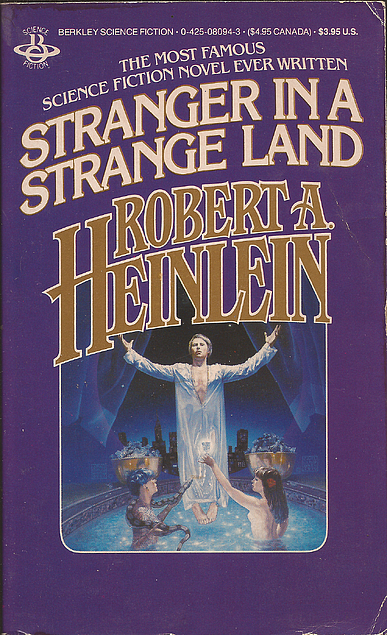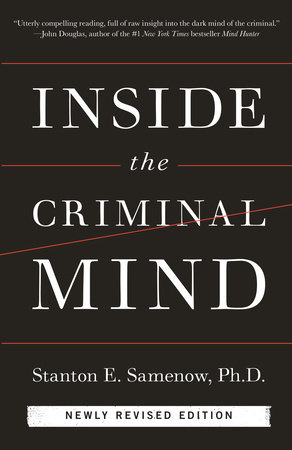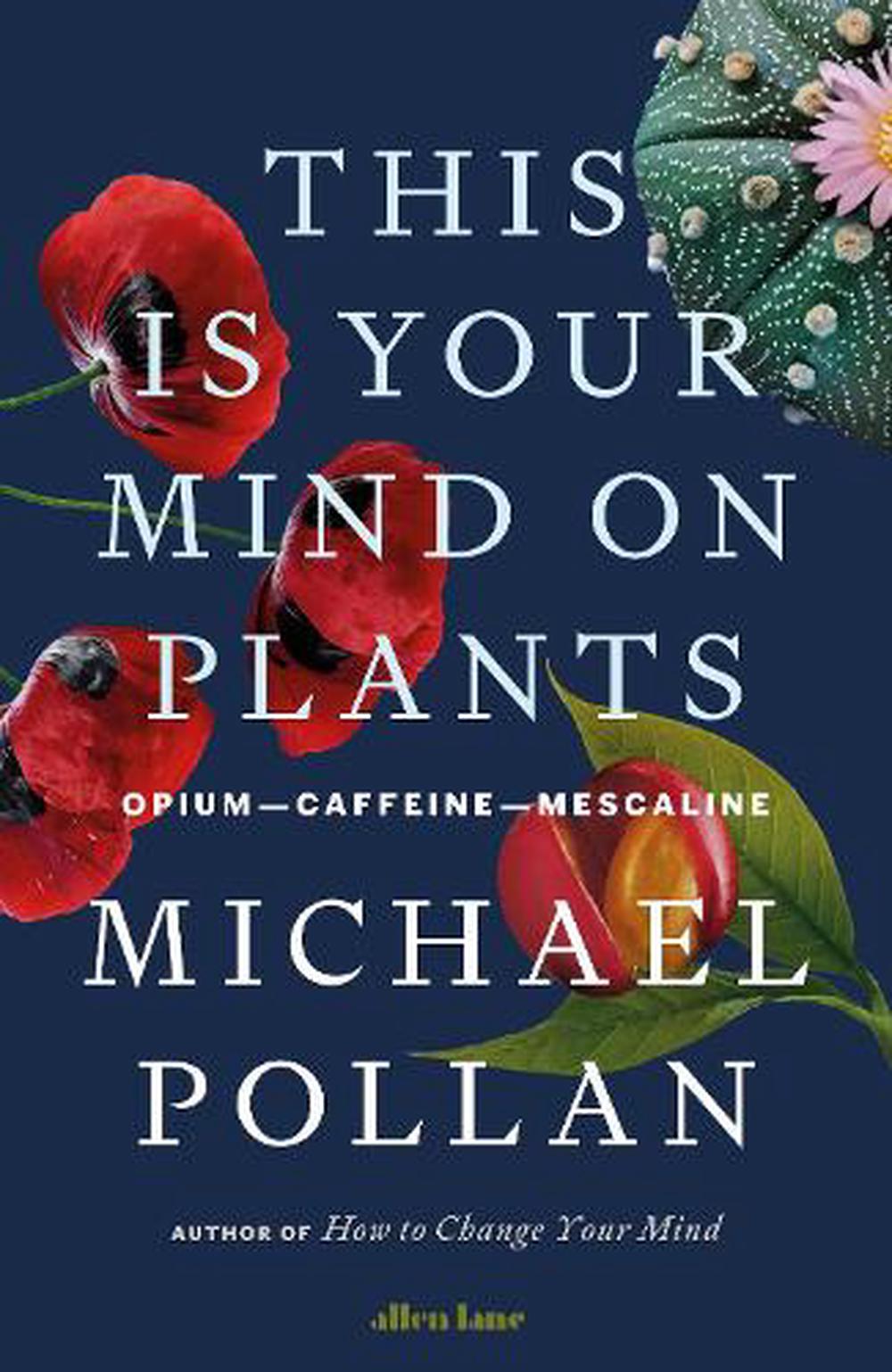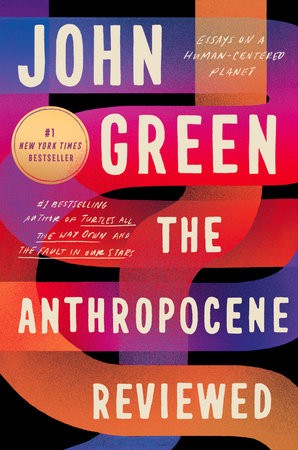2017? How did I miss this?
User Profile
Nonfiction audio is my main thing. Autobiographies, parenting, science, social issues, and some business or anything educational.
I consider nonfiction to be a healthier and more useful view of the world than the news.
I have a few Mastodon accounts, like @travisfw@fosstodon.org
This link opens in a pop-up window
Travis F W's books
User Activity
RSS feed Back
Travis F W started reading This Is for Everyone by Tim Berners-Lee
Context for Cory Doctorow's Enshittification @emmecola@mastodon.uno @pluralistic@mamot.fr
Travis F W wants to read Finding Lights in a Dark Age by Chris Smaje
Travis F W wants to read Why Zebras Don't Get Ulcers by Robert M. Sapolsky
Travis F W replied to Phil in SF's status
Phil in SF started reading The Purity Myth by Jessica Valenti

The Purity Myth by Jessica Valenti
From the bestselling author of Sex Object, a searing investigation into American culture’s obsession with virginity, and the argument for …
The Mosaic injuction (Leviticus 25), "Proclaim liberty throughout the land," is inscribed on America's Liberty Bell. That is a translation of Hebrew deror, the debt Jubilee, cognate to the Akkadian adurārum. The liberty was originally from debt peonage.
Travis F W stopped reading Stranger In a Strange Land by Robert A. Heinlein
Travis F W wants to read Aroused by Randi Hutter Epstein MD
Since I was forced to take ritalin for five years of my chirdhood my endocrine system has been fucked. I have always been at a loss to describe these challenges, and learning about it has always taken a back seat to higher priorities like major depression and paying bills and PTSD triggers. But I have learned that some amino acid supplements can be really helpful at the right times (when I'm deficient) and it is time for me to tackle this. Maybe gain some insight into anhedonia while I am at it.
Travis F W commented on Stranger In a Strange Land by Robert A. Heinlein
When #Heinlein illustrated the Martian's maturity by having him kill someone and then have sex, and then go out on his own, and subsequently had the main female character say something victim blaming about rape, my interest in this book dropped to little more than a poorly substantiated drive to finish what I start.
Travis F W wants to read This Is Your Mind on Plants by Michael Pollan
Travis F W quoted The Anthropocene Reviewed by John Green
Even the most extraordinary genius can accomplish very little alone.
— The Anthropocene Reviewed by John Green (82%)
I, personally, receive this as a reminder that hero worship is misguided.


